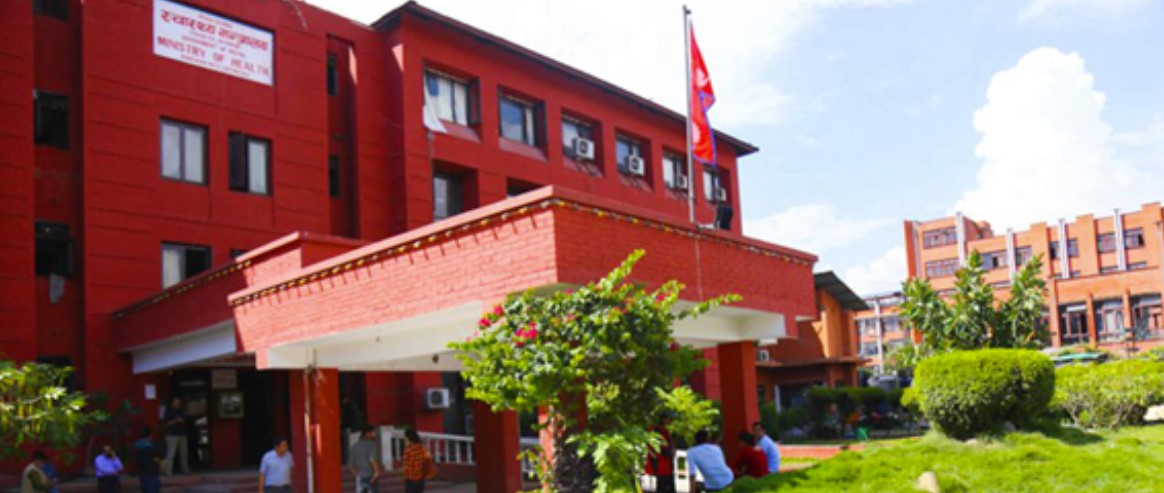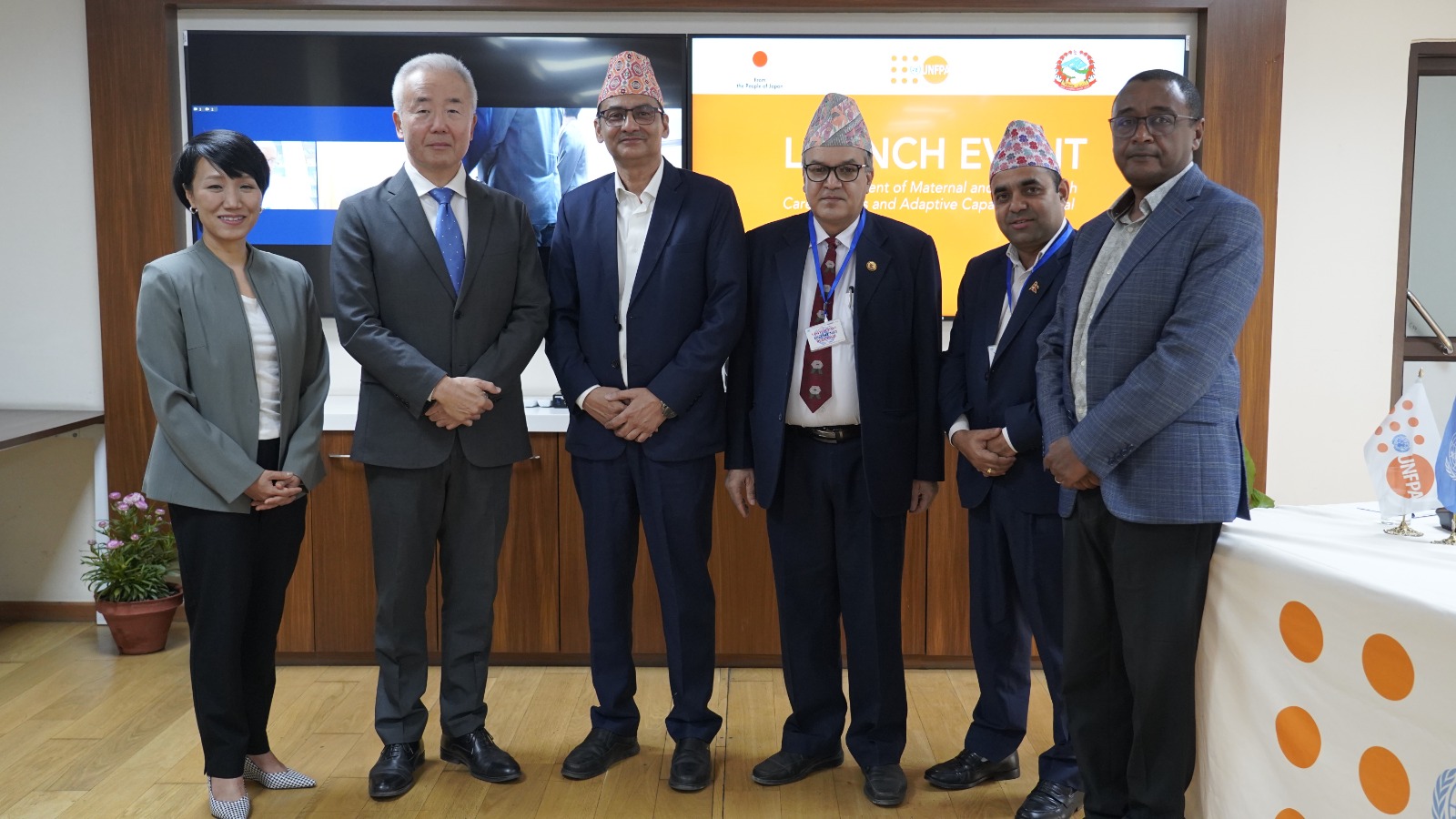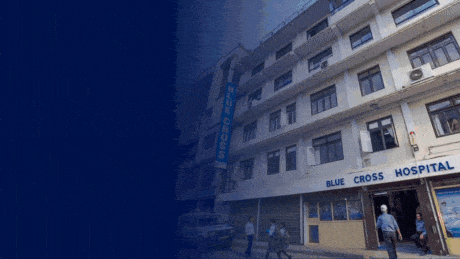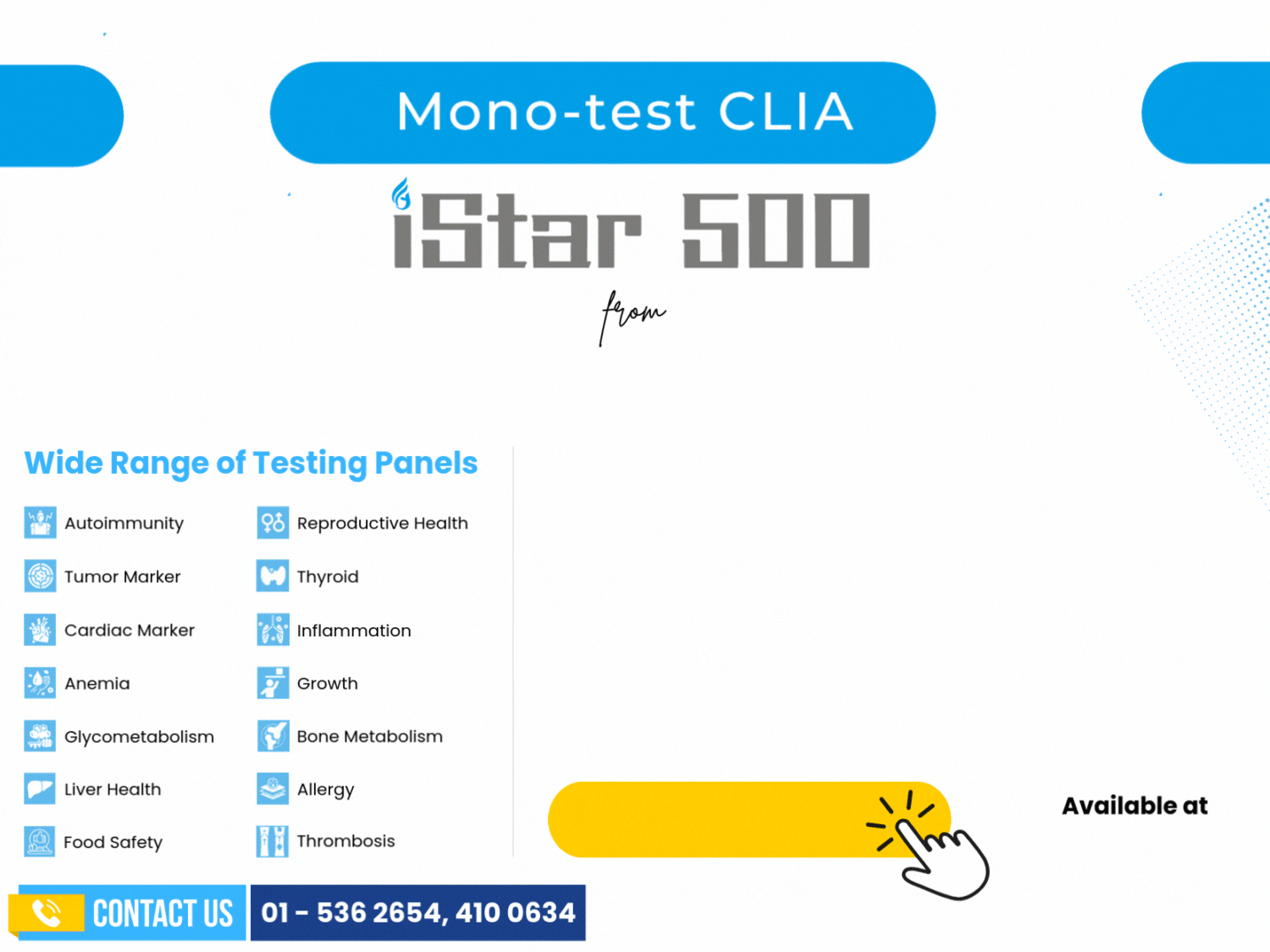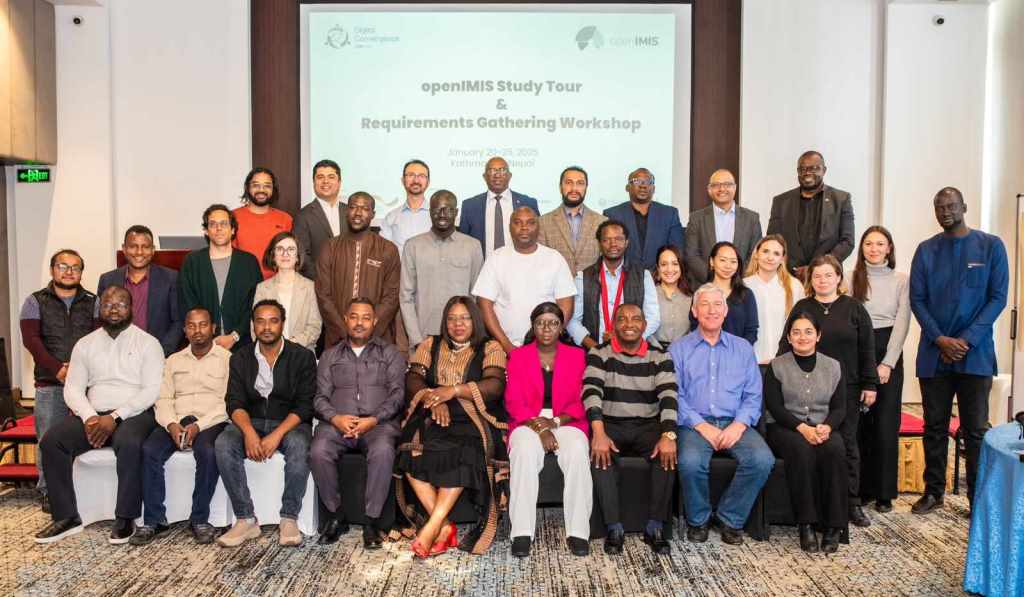
Nepal recently hosted an international workshop on digital health insurance systems, bringing together representatives from Senegal, Ethiopia, and Zambia. The workshop focused on Nepal’s health insurance system and the implementation of the open-source software openIMIS. Organized with the support of the European Union, the International Labour Organization (ILO), Expertise France, and GIZ, the event provided a platform for knowledge exchange on digitalizing health insurance processes. Participants had the opportunity to observe Nepal’s health insurance practices firsthand through field visits to Dhulikhel Hospital, Kathmandu University, the Health Insurance Board, the Social Security Fund, and nearby facilities.
openIMIS, a Swiss-developed, open-source software, has been successfully integrated into Nepal’s health insurance system. The software streamlines processes by enabling paperless transactions, improving efficiency, and facilitating real-time data integration between healthcare providers and health insurers. The visiting delegates expressed keen interest in adopting similar digital solutions in their respective countries to enhance their health insurance frameworks.
A Conversation with International Delegates by Romika Neupane:
Ms. Rosalie Ngom Coly, General Manager, L’Institution de Coordination de l’Assurance Maladie Obligatoire du Sénégal (ICAMO)

‘We came to Nepal to discuss the information system related to the health insurance program. Our main goal is to digitalize the health system in Senegal. The key component of this project is to dematerialize the work relationship between the health system and health insurance, making it entirely paperless. openIMIS will help us achieve this objective. Before coming to Nepal, we did not know openIMIS. However, this five-day visit provided us with comprehensive insights into the software and its features.
This experience will enable us to digitalize the relationship between stakeholders and provide them with the necessary tools for system-wide digitalization. If successfully implemented in Senegal, this initiative will significantly enhance the efficiency and speed of health services.
Currently, health services in Senegal are fragmented based on one’s social and professional status. Those working in salaried jobs, including civil servants, have compulsory health insurance, while others must arrange for their own coverage. The government provides free treatment for vulnerable populations, but many eligible individuals remain unregistered. Thus, a strong promotional effort is necessary to improve coverage.
Regarding our field visits in Nepal, we had an excellent experience. We have not used any software in our system yet, and our visit to Dhulikhel Hospital made us realize that implementing such digital solutions is feasible. Beyond the technical aspects, we were deeply touched by the hospitality of Kathmandu. It was our first time in Nepal, and we were impressed by its natural beauty and warm welcome.
One key takeaway for us is that while health services in Senegal are fragmented, Nepal has consolidated them under a single system. This integration makes health insurance management much more efficient and is something we aspire to achieve in Senegal to advance Universal Health Coverage.’
Mr. Michael K. Njapau, Director General, National Health Insurance Management Authority (NHIMA), Zambia

‘Nepal is a beautiful country with wonderful people. Our visit to Dhulikhel Hospital and Kathmandu University was incredibly enlightening. My team, along with other colleagues from Africa, has learned a great deal from this experience. We are grateful to ILO, GIZ, EU, and Expertise France for organizing this insightful event. It has been an eyeopener for us.
We have observed that Nepal’s health insurance system is efficiently managed, with seamless data integration. The system ensures proper registration of members, contributions, and claim processing. The most valuable insight we gained was regarding claims management, which is crucial for our system. We aim to implement a similar Health Management Information System (HMIS) in Zambia, so we traveled to Nepal—not just to visit but to observe and implement the learnings back home.
This workshop has been highly effective and proactive. openIMIS is the kind of system that social health insurance needs. Unlike commercial software, which is expensive, this open-source system can be customized according to our specific needs. We plan to adopt and develop it in Zambia to enhance our health insurance operations.’
Mr. Tesfaye Worku, Director General, Ethiopian Health Insurance Service (EHIS)

‘During our visit, we explored Nepal’s Social Security Fund (SSF), outpatient departments (OPDs), and the health insurance application system. It has been a valuable experience to interact with representatives from other countries and exchange knowledge about our respective health insurance challenges and opportunities.
Ethiopia has a national digital strategy targeting full digitalization of the economy by 2025. While we are not implementing IMIS immediately, we are preparing for it by focusing on infrastructure, equipment, technical assistance, and IT personnel. Budget constraints, application development, and server procurement are some of the hurdles we must overcome before full implementation.
In Ethiopia, economic reforms affect health insurance contributions. Contributions are expected not only from employees but also from employers, especially from the government sector. Twenty percent of the population belongs to the formal sector (2.5 million and above). Our visit to Nepal has helped us understand how different institutions collaborate to ensure seamless health insurance operations.
The field visits, particularly to the SSF and Health Insurance Board, provided crucial insights into interlinking institutions and streamlining operations. We also appreciate Nepal’s hospitality and pleasant climate.
This knowledge exchange must continue, as such gatherings allow us to share ideas and best practices. When we return to Ethiopia, we will take with us a wealth of experience and information that will aid in shaping our digital health insurance strategy.’
According to Suresh Singh Tinkari, Head of the IT Department at the Health Insurance Board Nepal, this software system is being implemented in Nepal and 16 other countries. In Nepal, the Health Insurance Board and the Social Security Fund have been using this software since the beginning. The software was developed 14 years ago with the support of the Swiss government.
Romika Neupane
Published: March 3, 2025



